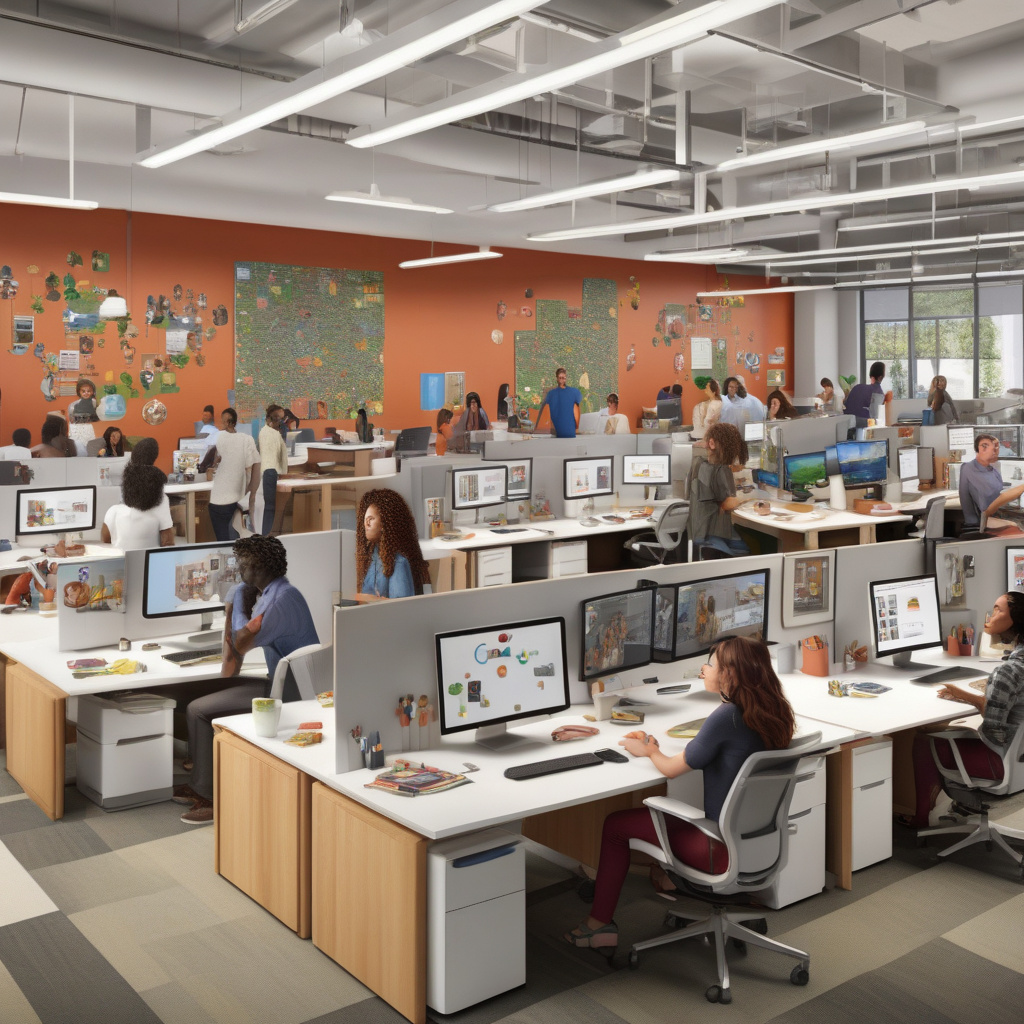In a recent statement, Sergey Brin, the co-founder of Google, has stirred up conversations within the tech community by suggesting that achieving Artificial General Intelligence (AGI) could be within reach if Googlers are willing to put in 60-hour workweeks. This bold assertion has sparked discussions about the nature of work, productivity, and the pursuit of AGI.
Brin’s statement hints at the idea that intense focus and dedication from talented individuals could potentially accelerate the development of AGI. By emphasizing the need for longer work hours, he underlines the significance of commitment and effort in pushing the boundaries of technological advancement. This perspective aligns with the ethos of Silicon Valley, where long hours and relentless drive are often seen as essential components of innovation.
At the same time, Brin’s comments have also raised questions about work-life balance, employee well-being, and the sustainability of such demanding work schedules. In an era where discussions around remote work, flexible hours, and mental health in the workplace are gaining momentum, the notion of requiring 60-hour weeks to achieve a monumental goal like AGI may seem antiquated to some.
Google’s current stance on work-from-home policies adds another layer to this conversation. Despite Brin’s call for increased work hours, Google has stated that it has no immediate plans to change its work-from-home policies. This juxtaposition highlights the evolving dynamics of work culture, where companies are navigating the balance between traditional office-based work and remote or flexible arrangements.
In the realm of IT and software development, where innovation drives progress, the debate sparked by Brin’s statement is particularly relevant. While dedication and hard work are undoubtedly crucial in pushing the boundaries of technology, it is essential to consider the broader implications of demanding intense work hours from employees. Prioritizing employee well-being, fostering a healthy work environment, and promoting work-life balance are factors that can contribute to long-term success and sustainable innovation.
Ultimately, the pursuit of AGI and other technological milestones requires a thoughtful approach that takes into account not only the technical challenges involved but also the human aspects of work. Balancing ambition with empathy, dedication with well-being, and progress with sustainability is key to navigating the complex landscape of technology development in the digital age. As professionals in the IT and development fields, it is crucial to engage in these conversations, reflect on our practices, and strive for a future where innovation coexists harmoniously with the well-being of those driving it forward.

